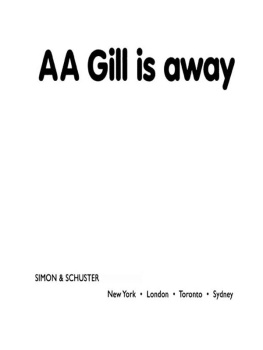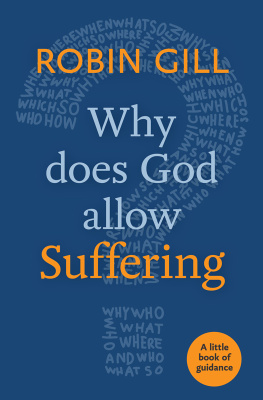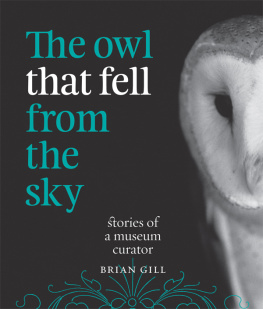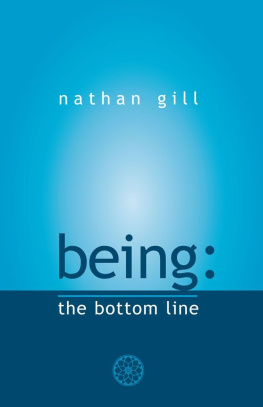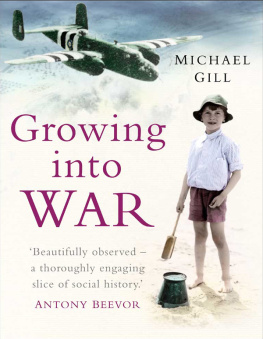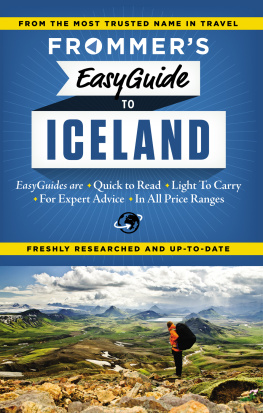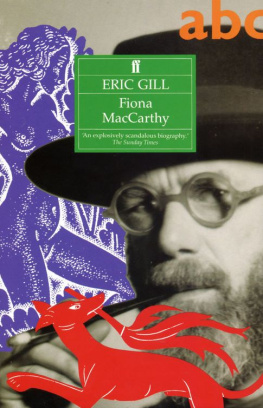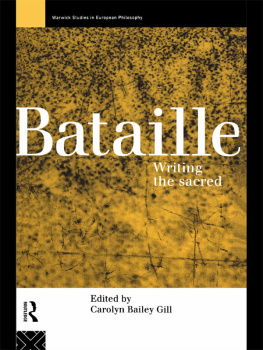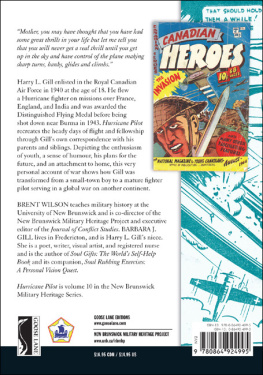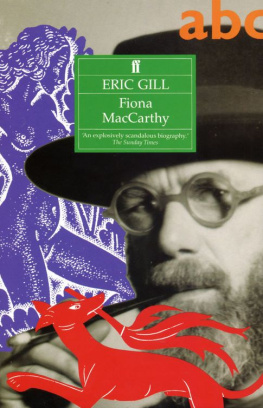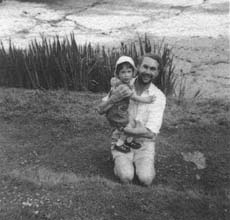Copyright 2002, 2005 by A. A. Gill
All rights reserved,
including the right of reproduction
in whole or in part in any form.
Originally published in Great Britain in 2002 by Cassell & Co.
S IMON & S CHUSTER colophon are registered trademarks of Simon & Schuster, Inc.
CONTENTS
The end of the road
Sudan, May 1998
Out of their element
The Kalahari, January 1998
Game boy
Tanzania, January 1998
I dont know what makes you angry
Uganda, October 2000
Selassie come home
Ethiopia, December 2000
Awayday in a manger
Bethlehem, December 1999
The fatal shore
The Aral Sea, July 2000
The city that Russia forgot
Kaliningrad, June 2001
A short walk in the Hindu crush
India, January 1999
Mad in Japan
Tokyo, September 2001
Born to be riled
California, October 1999
When DD met AA
U.S. Pornography, November 1999
Sex and the city
Cuba, March 1999
Ride em chowboy
Argentina, January 2001
The thin line
Milan Fashion Week, October 1995
Hunforgiven
Germany, July 1999
Scumball rally
Monaco, October 2001
Return of the native
Scotland, May 1999
Look whos stalking
The British Armys Sniping Course, Wales, January 2000
To the manure born
The Royal Agricultural Show, September 2000
Roller derby
Owning a Rolls-Royce, October 2001
Foreword
You know that science fiction isnt really about the future, its all about the week it was written. Nothing dates like science fiction. And history isnt in the past, its the prophecy and geography of tomorrow, and parables, they arent about Arabs. Well, travel writing isnt really an exploration of where youve been, so much as an explanation of where youve come from. All journeys end up at the same address. Back home. Travelers dont write for the people they visit, but for the people theyve left behind.
The relevance of this candidish truth depends on where you call home. The question you need to ask travel writers isnt where did you go to, but where did you start from. Observations of abroad often tell you more about the observer and his culture than the people and the place hes commenting on. So you should know Im a mongrel Scot, born in Edinburgh, partly English, part Indian, and that this is a collection of pieces that were mostly written for British papers and magazines. My home is London. So theyre written with a European-British perspective in an attempt to explain out there to back here. They come with the innate assumptions and preconceptions of a middle-aged, metropolitan European, but when you read them, they will be explaining out there for over here, and in some cases youll have the novel experience of being the them thats being explained to an us thats not you .
One of the most important reasons to travel is to know what it feels like to be a foreigner. This is particularly necessary in Europe where the great gilded weight of history and culture polishes us with a sense of global entitlement. Historically weve all traveled a great deal. We invented the civilized pastimes of amateur adventure, dilettante discovery and mass tourism. And because of empires and colonies and wars there isnt much of the world that we dont feel a sense of propriety over or fraternity with. Thats not to imply that these feelings are mutual. Mind you, Europeans dont travel as much as Australians, who are the lost tribe of Europe and at any one time two-thirds of Australians under the age of thirty are crawling round the globe as itinerant barmen carrying rucksacks that would count as real estate if you dropped them in the Maldives.
One of Europes homely received wisdoms about you lot in America is that you dont travel; only half a dozen of you own a passport, and the rest are wary bordering on fearful and ignorant about out there and over here. That America is at best naive about the rest of us, and at worst sees us as potential contestants for a televised Yankee makeover, is of course in itself a piece of fearful ignorance.
Europeans who have grown up with American films, music and soda imagine they know who and what America is. Put that the other way round and consider what youd know about France based solely on French TV and pop music. There is French TV by the way, just nobody watches itnot even the French.
America is in truth the best-traveled place on the globe. Everyone comes from somewhere else. I come from a nation of the sniggerable double-barreled name, so its always amusing for me that egalitarian Americans are all hyphenated as African-Americans, Italian-Americans, Cuban-Americans, German, Irish and most exotically and ironically Native-Americans. There isnt a country in the world whose people havent tagged onto America with a hyphen. You already know what it is to be a foreigner. Americas the home that was at the end of millions and millions of journeys.
Im a reluctant travel writer. I dont read other peoples travel writing. I can never get over the feeling that Im subsidizing someone elses holiday. And theres a common beat of patronage and a delicate distance about most of it. A between-the-lines hint that Im over here and because youre not, and by all means read about it; just, for Gods sake, dont turn up and spoil it.
The accepted snobbery is that the world was great until we all started going to have a look at it as travelers, tourists and refugees. Travel writing is also part of the illusion of global familiarity, the constant stream of images from over there that flood through the media combined with air travel, telephones, faxes, the Web and globalization, all giving us the impression that the world has shrunk to a homogenous place, not so much a village as a sprawling suburb. But the more I travel, the less it seems familiar. Im constantly wrong footed and astonished by how spectacularly different and diverse out there really is. Electric familiarity has given us the illusion of understanding. You think you know us, we think weve got your number.
I want this collection to be an antidote to travel writing. There are no solutions in here, not many comforting tales of coming togetherness. It is, I hope, two cheers for weirdness and otherness and the view from other peoples journeys. It is also, in parts, quite angry. But the anger is mostly posted home. Its an old Voltaire or perhaps Disney truism that while traveling to discover facts about others, youre lucky if you get home with the truth about yourself.
I suggested to my American editor that I wouldnt mind if he changed the title. AA Gill is away might be a little esoteric for an audience that had no idea hed been here in the first place. But he said he liked it. Some of the most outr British cultural references and the names of people you wont know (apart from mine) have been excised, but apart from that its as I wrote it. If there are things that dont make sense to you just think of them as ethnic diversity. I might modestly add that I reckon these pieces contain the best things Ive ever written, but then if you havent read the rest of the dross that wont mean much. And that some of them are meant to be funnybut like many writers who resort to humor, really, I want to be taken very, very seriously.

